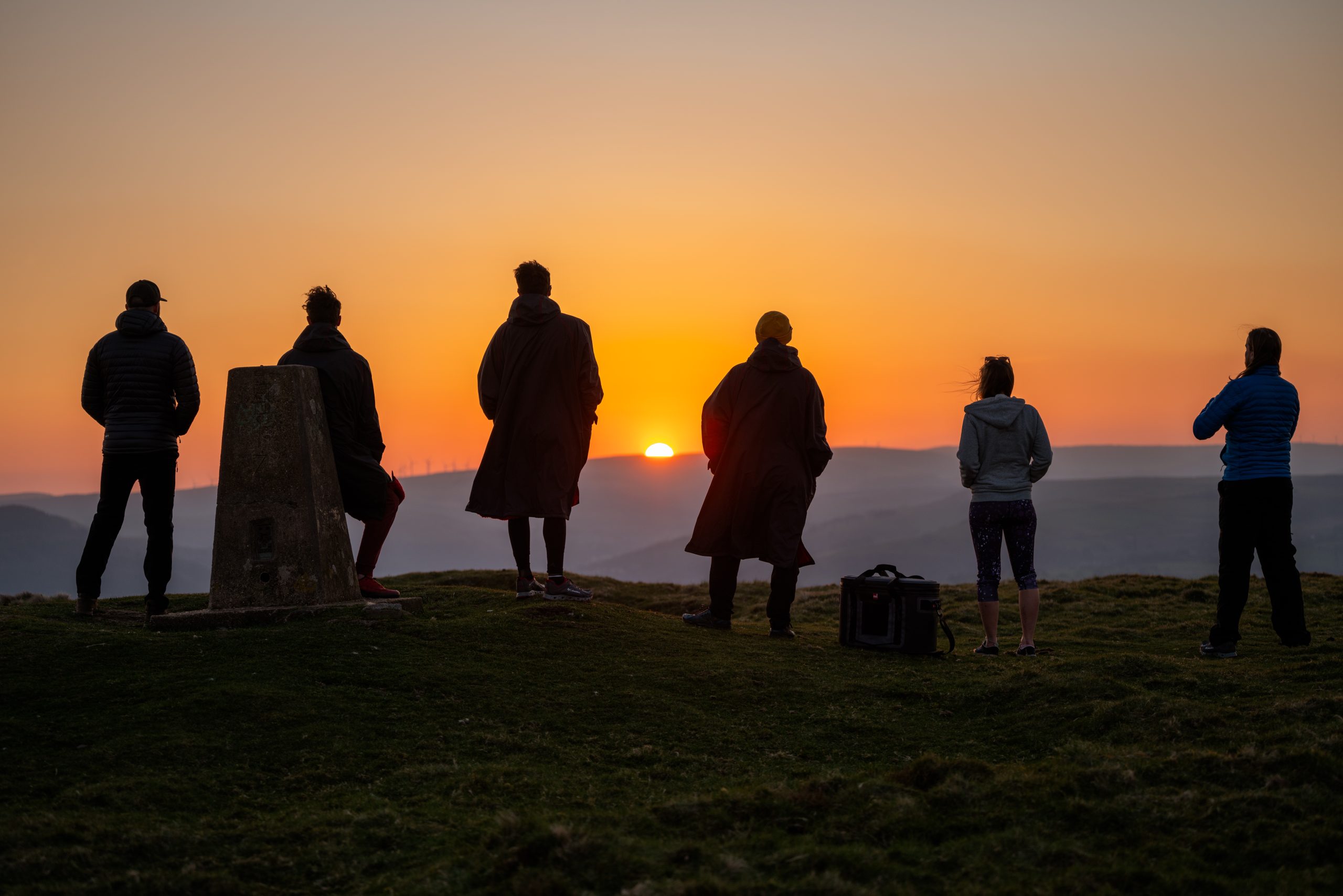
Mental Health Awareness Week: Pedal 4 Parks goes Personal
“We are not all in the same boat. We are all in the same storm. Some are on super-yachts. Some have just the one oar” – Damian Barr.
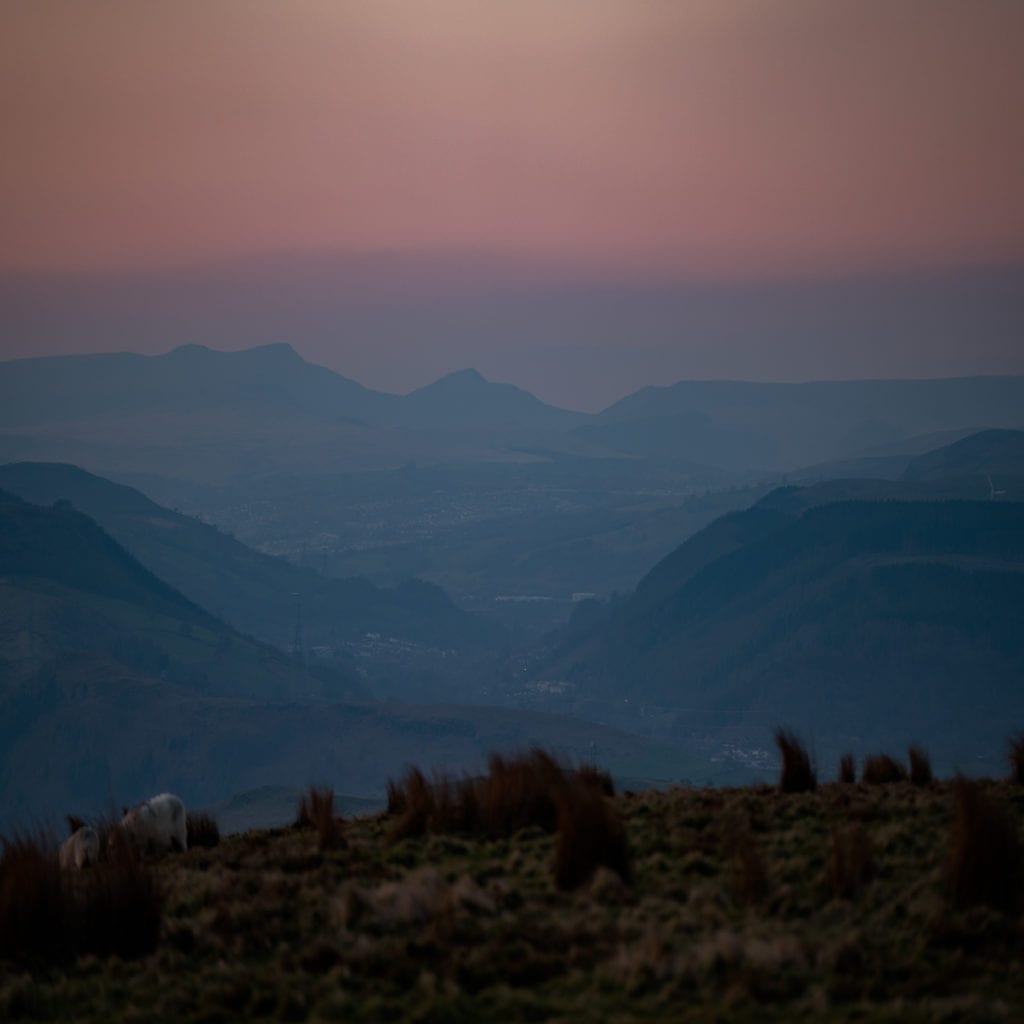
Photo taken by Daniel Williams
The NHS have calculated that by the end of December 2020 alone, there had been 1,392,002 people in contact with services, 966,998 of whom were in contact with adult mental health services. On top of this, 309,961 people were in contact with children and young people’s mental health services and 158,104 in contact with learning disabilities and autism services. Let’s take a moment for this to sink in. It is now nearly midway through 2021, and these figures are constantly growing due to isolation and social restrictions regarding the pandemic, making gathering data on mental health a very difficult task.
As quoted by Damian Barr, we may all be in the same storm, but we are never in the same boat. These statistics are only from those who have sought help, and also excludes some data from the impact of Covid-19 on the mental health and well-being of the public which is continuously changing with new restrictions. Within this last year and a half, reports of mental health struggles have been linked to all kinds of reasons, including people’s experiences depending on their social and/or economic context in society, and experiences with prejudice, isolation and discrimination due to other identities based on ethnicity, sexual orientation, residency status, disability and gender. All of these are accompanied by a working world, where the majority of our time is spent online and inside, making exposure to these prejudices and social inequalities even greater and more frequent. To face all of this, and more, especially during the Covid-19 pandemic where staying indoors has been mandatory, this year’s Mental Health Awareness Week theme is of extra importance.
Nature and Mental Health
The Mental Health Foundation has stated that ‘nature is central to our psychological and emotional health’, and that ‘it is almost impossible to realise good mental health for all without a greater connection to the natural world’. Having only been the last few generations to have lived and worked in a context that has largely been separated from nature, and with 13% of UK households having no access to a garden – protecting and regenerating our earth’s green spaces has never been more vital. In light of this year’s Mental Health Awareness theme on nature, we talked to Pedal 4 Parks team member, Isaac Kenyon, and asked him to take a moment to reflect on his own mental health struggles and how spending time in green spaces has been helping him to recover and prosper.
Isaac Kenyon
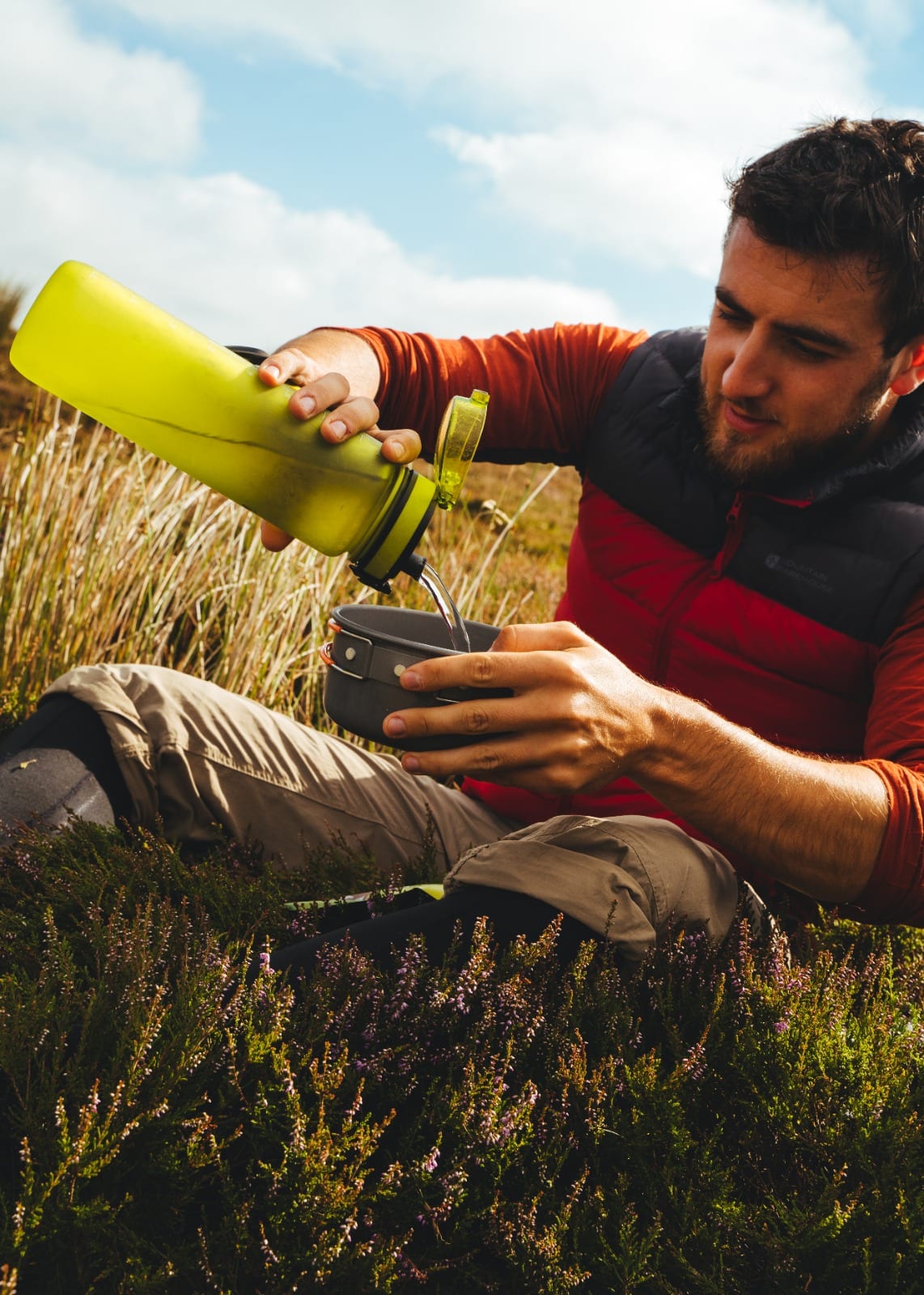
Photo of Isaac Kenyon taken by Daniel Williams
Q: With this year’s Mental Health Awareness Week theme on nature, could you tell us a little bit about your mental health before you began to explore the outdoors?
‘I am sure this answer may relate to a lot of people. From a young age I had always been very shy, highly anxious, and afraid of what others may think, and I used to cry when stood up on stage in school plays because it felt very overwhelming. I also had a lot of social isolation and never truly spoke up about how I was really feeling. For instance, I had never really fit in with a group of friends in my hometown Luton, there was a lot of judgment for being different or suggesting out of the ordinary ideas so I never really had the confidence to be myself whilst living there. I felt down quite a lot and have come to terms with the fact that I was also dealing with issues of seasonal affective disorder.
However, it was not always doom and gloom I was very privileged with my upbringing (thanks mum and dad) to have the opportunity from an early age to discover outdoor experiences from the occasional fishing and camping trips with my father which I always enjoyed, but never truly appreciated the magic that was happening each time I went. Those trips always gave me a place to disconnect and free my mind from my thoughts that would build up.
When I went to university, I went outdoors less and spent more time studying with screens. People would communicate more on social media than in real life so I had to learn social media to stay connected with others (societal/cultural pressure). Over time I was spending hours and hours on screens, depleting all my critical happy brain chemicals (serotonin, dopamine, oxytocin and endorphins), absorbing a bombardment of notifications and information which made me start to feel overwhelmed to point of my first panic attack – a very scary moment in my life, which happened daily for months. I was told by a doctor I had panic disorder, a type of anxiety where you have regular sudden attacks of panic. To this day I still get them, however through the facilitation of nature and the outdoors I have learnt to manage this anxiety’.
Q: How did immersing yourself in nature impact your mental health and when did you realise this? Would you say there is a particularly special moment for you with the outdoors?
‘At university I developed this concept I call “Outdoor Time” which I balance with “Screen Time”, I realised a lot of benefits of the great outdoors through experimentation. Whilst going through many panic attacks at university, I was desperately searching for an answer that was not taking pills. I remember my mother saying to me go for a walk in the woods to give your mind a rest. At first, I thought this would have no chance in helping me. Well, that walk is the single most important moment I have ever had in my entire life! In 10 minutes, my mood and energy levels boosted, my stress disappeared, I also learnt to think for myself which helped my creativity came back. It felt like a break of sunlight in a very cloudy day and that was all I needed to know I was able to get through this. After that moment I went on more and more walks and started to do more exercise outdoors and slowly my panic disorders disappeared, and I felt like “me” again. Since then, I have revolved my entire life around the outdoors as I never want to go back to that dark place again and this works for me’.
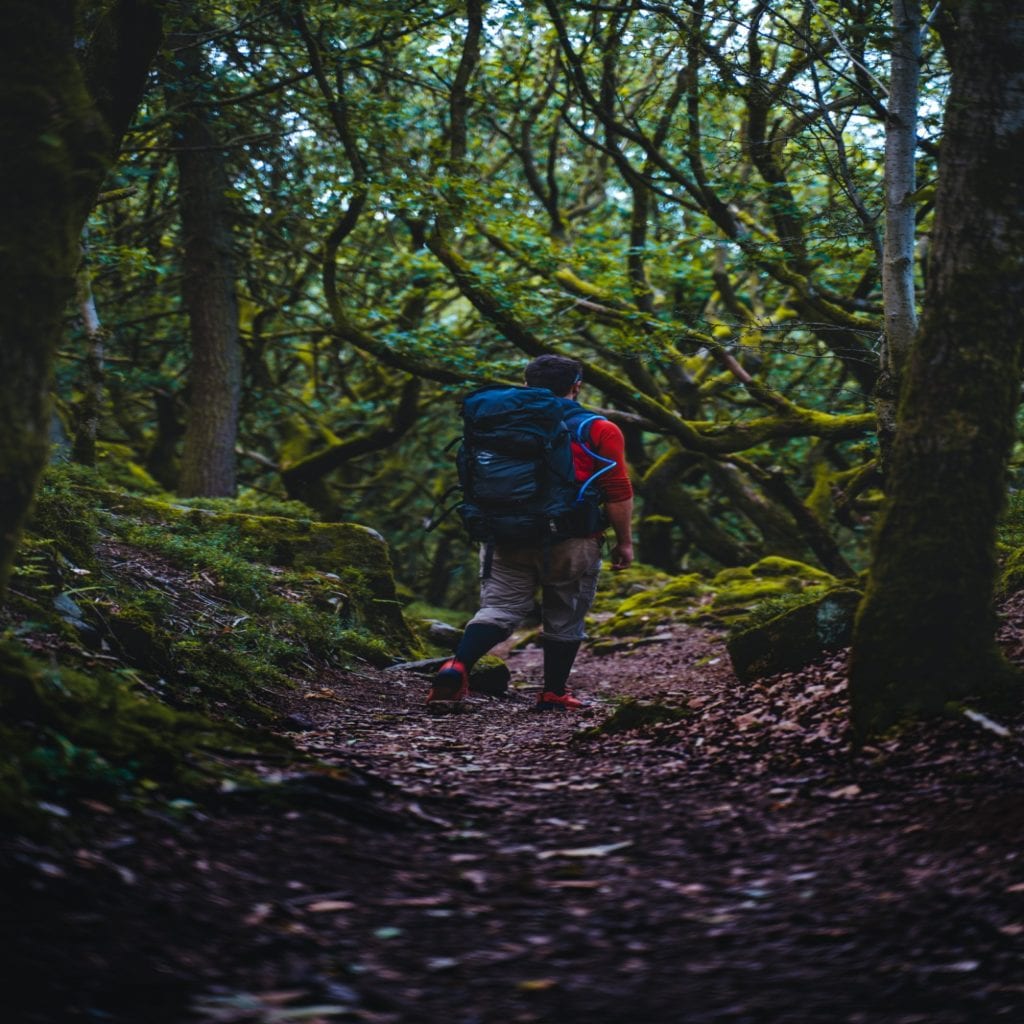
Photo of Isaac Kenyon taken by Daniel Williams
Q: What kind of activities did you do outside to help relax/ease your mind?
‘I can kind of sense the need to get outdoors now, like a sixth sense, as soon as my mood begins to drop, or I get frustrated/stressed or even at times I get early heart palpitations with the onset of a panic attack coming, I will drop most things that I am doing and get outside. This could be for 10minutes to an entire weekend – it all depends on time and how much I need it. The rule for me is to get outside everyday whatever the weather. Examples:
During the working days (Monday-Friday) I aim for either a run/cycle/swim or stretching out in the garden or a walk in the woods listening to birdsong and try to identify them (I enjoy birdwatching). Usually, this ranges from 10minutes to an hour.
During the weekends or days off I am outdoors all day exploring the world around me through various sports: hiking, open water swimming, cycling, running and kayaking (just to name a few!)’.
Q: Is there any advice you would give to anyone who may be experiencing similar challenges that you have faced before?
‘Sometimes trying something that may not seem like the obvious solution, can sometimes be the right answer. Back at university I thought I needed to start taking pills but very quickly found that actually, they were not needed – what I did need instead was to start a life balance with nature. The simple act of a walk in the woods was all I needed to start the recovery journey.
I would always start small and then build momentum in manageable chunks in the right direction. For instance, it worked well to do a 10-minute walk outdoors every other day to get myself going before regularly spending more and more of my time outdoors until I eventually would spend whole weekends out exploring, which fuelled my passion for adventure, leading to me rowing the Atlantic Ocean in 40 days. In a fragile state of mind, the secret for me was to not overwhelm myself early on, so starting small made a big difference.
If you live far from a local green space near you, travelling to it may be a little overwhelming on your own so asking a friend or family member close to you to join you on your trip will help you get there until you eventually feel confident to make your own journey. Alternatively, spending that time outdoors with a friend or family member may be equally as beneficial to your mental health as it would if you adventured by yourself’.
10 Top Tips: How you can utilise green spaces to benefit your mental health!

Photo taken by Daniel Williams. Left to right: Lukas, Isaac, Alex Egan, Sal..
Nature is a very unique and wonderful thing that we have had the privilege to be surrounded by on our planet. But, it adds many more benefits to our lives than people often realise (aside from its outstanding beauty). Nature has an ability to not only increase our creativity and empathy, but often brings consolation in stressful times, and encourages feelings of wonder. To truly embrace the benefits of nature, especially when boosting our mental health, the important thing is not just putting yourself in nature, but to learn to fully open yourself up to it and interact with it in new and meditative ways.
The first thing we need to do to successfully engage with nature, is to remember that it isn’t just about the green space, which most people associate with grass and trees. Nature comes in all colours. For example, nature is blue like rivers, lakes, oceans and the rain (also known as ‘Urban Blue’); nature is brown, like soil, beaches and deserts. It’s every colour imaginable in fields of flowers and sidewalks of daisies and spring daffodils. Nature is the jungle, the sky, and the dark of the night. Nature is the home to every creature big and small, and most of all, is our home – a home we often take for granted.
With this now in mind, here are some examples of how to connect with nature on a daily basis to help boost your mental health:
- Buy some houseplants and remember to water them every day, or if you have access to a backyard, plant some flowers and bushes or do small bits of gardening – these will give you the opportunity to schedule regular time slots in the week to tend to these plants.
- Take 10 minutes out of your day to sit in your garden, local green space, or somewhere quiet outside and either close your eyes and listen to your surroundings – see if you can identify any birds from their birdsong – or lay down and watch the sky as it changes over time, and see if you can find any patterns, shapes or images in the clouds.
- Take a nap in the grass and fall asleep in the breeze to your surrounding sounds.
- Try out some yoga or Pilates in the fresh air to help unwind your mind and stretch out all of your important muscles for relaxation.
- Go for a short walk every day and slowly build up your route and time to suit your outdoor needs – while on your walk, don’t be afraid to explore new areas, or go animal spotting, or even take a friend or family member for a nice chat.
- Reserve a few weekends every-so-often to go swimming or hiking, climbing or camping, or even take a trip to the seaside and enjoy the feeling of sand in your toes.
- Hop on a bike and cycle through the woods or nearby park with some friends.
- Have a nice picnic on a park bench or even a BBQ in your garden.
- Reserve some time in the evening to sit outside with a good cup of tea, and watch the sun go down.
- Lastly, don’t be afraid to get muddy or rained on, whatever you decide to do! Because even cleaning yourself up or drying off from the outside weather is an exhilarating feeling that cleanses your mind, and once your comfy slippers and dressing gown is on, or even just some clean clothes – it always feels like a fresh, stress-free start to your day again.
As one of Pedal 4 Parks’ biggest missions – regenerating and protecting green spaces, mental health awareness week has been one of great importance. Pedal 4 Parks not only strives to raise awareness about our disappearing green spaces, but aims to teach people how being in nature is necessary for strengthening our physical and mental well-being.
Finding Support for your mental health:
For more support, here are some websites with more information about how you can get involved raising awareness for mental health, and where you can access a number of companies where you can reach out for help and support through email, call/video call, therapy or even text message.
Mental Health UK have four main lines, all designed to be there to support you – click on the links below for more information:
- Rethink Mental Illness (England)
- Hafal (Wales)
- Support in Mind Scotland (Scotland)
- Mind Wise (Northern Ireland)
Calm: Calm is a leading movement against male suicide and works to change the stigma around male mental health.
The Mix: The Mix is a free and confidential service offering a variety of support with mental health, drugs, and homelessness to under 25’s.
Mind: Mind aims to teach the public about understanding mental health in all ages and offers support and advice to anyone who is struggling with their mental health.
Samaritans: Samaritans is an action against crisis company that offer around the clock online support for anyone who is in need of help, or for those who need advice on caring for someone who struggles with mental health.
Papyrus: Papyrus is for the national prevention of young suicide and offers help, advice and support and campaigns across the UK in schools to raise awareness about mental health.
Remember – you never have to face anything alone.
What you can do to help Pedal 4 Parks…
Follow Us! Head over to @pedal4parks on Twitter, Instagram, Facebook and LinkedIn
Sponsor Us! We are always looking for sponsors and support for our journey, if you are interested check out our sponsors page or email us as partnerships@climateexplorers.co.uk
Donate! Via www.uk.gofundme.com/f/cycling-over-sea-and-land-for-national-parks
Can’t Donate? Don’t worry, you can still make a difference by reading and sharing our story. Be concerned and spread the word!
Check out our previous blogs:
Keen to Keep Green: Pedal 4 Parks goes 14 Days South
Meet the Team: The Five Eco-Warrior’s Cycling for Change
Pedaling North to South: The Route of our Environmental Pursuit
A Very Wet Weekend in Wales: Pedal 4 Parks Training Update
This post was brought to you by media team member Natasha, follow the links to her socials for more! (Instagram – Twitter – LinkedIn)
Comments
Sorry, the comment form is closed at this time.
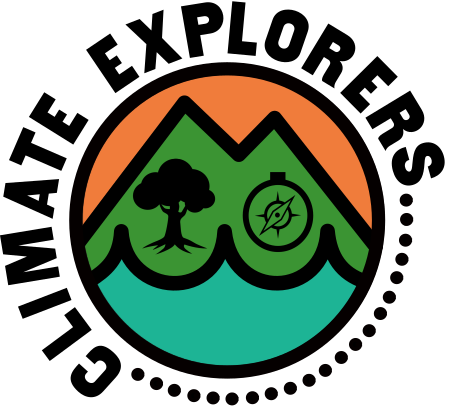



Pingback: Renewable Energy Initiatives in the UK: Why Should You Go Green? – Pedal 4 Parks